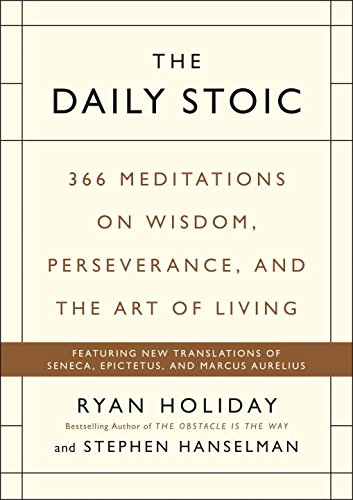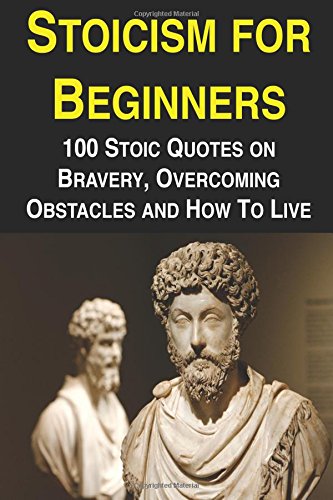
Stoic Inspirations is the fifth book in the Stoicism in Plain English series and completes the Works of Epictetus. It contains Epictetus’ sayings (Fragments) some of which are not found in Discourses, a concise summary of Epictetus teachings (Enchiridion) by Flavius Arrian, inspirational extracts (Golden Sayings) from Epictetus’ works by Hastings Crossley, and a biography of Epictetus. Although most of the materials found in this volume have been covered in the previous four, this book can be seen as a bedside companion to Epictetus teaching. It is an inspirational summary of his sayings carefully extracted by Arrian and Hastings Crossley. The contents: * The Man Who Was Epicteus * Sayings of Epictetus (Fragments) * Golden Sayings of Epictetus * The Handbook (Enchiridion)



